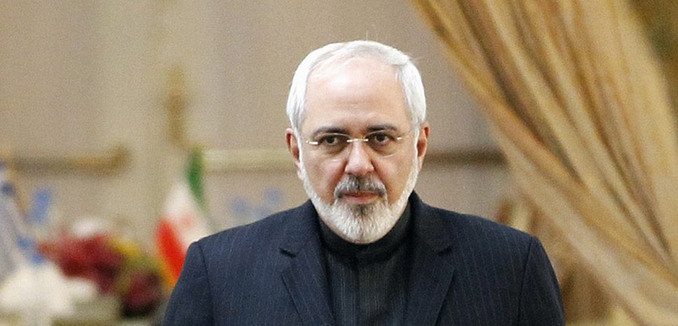In March 2015, Sen. Tom Cotton (R – Ark.) posted a letter on his website, signed by 46 other Republican senators, arguing that any deal with Iran that was not approved by the United States Senate would just be an executive agreement that would not necessarily have force in American law after President Barack Obama’s term in office ended.
While Cotton called it a letter to Iran’s Supreme Leader Ayatollah Ali Khamenei, the intent of the letter was to get the administration to acknowledge that the nuclear deal it was negotiating with no Congressional oversight would be an executive agreement and not a treaty.
Confirmation came from then-Secretary of State John Kerry who acknowledged that the deal would be an executive agreement, even as he disparaged the senators who authored it.
(Politifact, interestingly judged Cotton’s contention to be “mostly true,” writing that “the upside of pursuing an executive agreement is that they are easier to negotiate — they don’t require approval from Congress, which (as the current episode makes clear) removes a major obstacle. The downside of an executive agreement, however, is that it’s easier to reverse.” Politifact added some non-legal qualifications to its judgment, but still backed the central assertion of the Senate letter.)
A more interesting response to the Senate letter came from Iran’s foreign minister and chief nuclear negotiator Mohammad Javad Zarif. Posting on Iran’s foreign ministry website, Zarif wrote that the deal “will not be a bilateral agreement between Iran and the US, but rather one that will be concluded with the participation of five other countries, including all permanent members of the Security Council, and will also be endorsed by a Security Council resolution.”
He added that he hoped this his comments “may enrich the knowledge of the authors to recognize that according to international law, Congress may not modify the terms of the agreement at any time as they claim, and if Congress adopts any measure to impede its implementation, it will have committed a material breach of US obligations.”
Zarif’s arrogant and dismissive reply to Cotton and the other U.S. senators may come back to haunt him now that Iran has been found in violation of the Security Council Resolution that endorsed the nuclear deal.
Last month, a United Nations panel found that Iran had violated a UN arms embargo on the Houthi rebels in Yemen. Though the panel was focused on a different resolution governing the conflict in Yemen, the terms of UN Security Council Resolution 2231, which endorsed the nuclear deal, are quite clear.
Iran, according to Resolution 2231, is prohibited from “the supply, sale, transfer, manufacture, maintenance, or use of arms” to other actors until 2020. According to the resolution, Iran is specifically prohibited from the sale or transfer of ballistic missiles until 2023.
In a recent column for the New York Post, Benny Avni described Resolution 2231 as “the only authority anchoring the deal in law.”
So if Zarif insists that the deal, as endorsed by the UN Security Council, is enshrined in international law and that violating it constitutes a “material breach” in the agreement, Iran is in material breach of the nuclear deal.
Zarif, of course, denies that the markings on the rockets, recovered from Saudi Arabia and examined by the UN, showing that they were manufactured in Iran prove Iran’s guilt. But for the rest of the world the markings ought to prove Iran’s treachery.
(The rocket parts recovered by the UN aren’t the only indication of Iran’s violation of Resolution 2231. Numerous dhows have been intercepted headed to Yemen, carrying arms manufactured in Iran. A report by the Conflict Armament Research in December 2016 assessed that the intercepted arms shipments suggested “the existence of a weapon pipeline extending from Iran to Somalia and Yemen, which involves the transfer, by dhow, of significant quantities of Iranian-manufactured weapons and weapons that plausibly derive from Iranian stockpiles.”)
Another factor to consider is that Iran got the international community to reduce the time of the embargoes on its export of arms. Yet Iran didn’t wait until the embargoes expired and it continued to defy the UN ban. What does that say about the likelihood that Iran is abiding by the nuclear aspects of the deal, especially when it has insisted that it will not allow inspections of military sites?
The UN Security Council unanimously approved Resolution 2231 on July 20, 2015. Less than three years later, Iran has been found in violation of the resolution. The violation, by the standards of Iran’s own foreign minister constitutes a material breach of the nuclear agreement. It is time to use Zarif’s bluster to insist the Iran abide by all terms of the deal or face crippling sanctions. If the UN Security Council will not stand up to Iran’s brazen defiance of international law, it will continue to lose the little authority it has left.
[Photo: Υπουργείο Εξωτερικών / Flickr]




